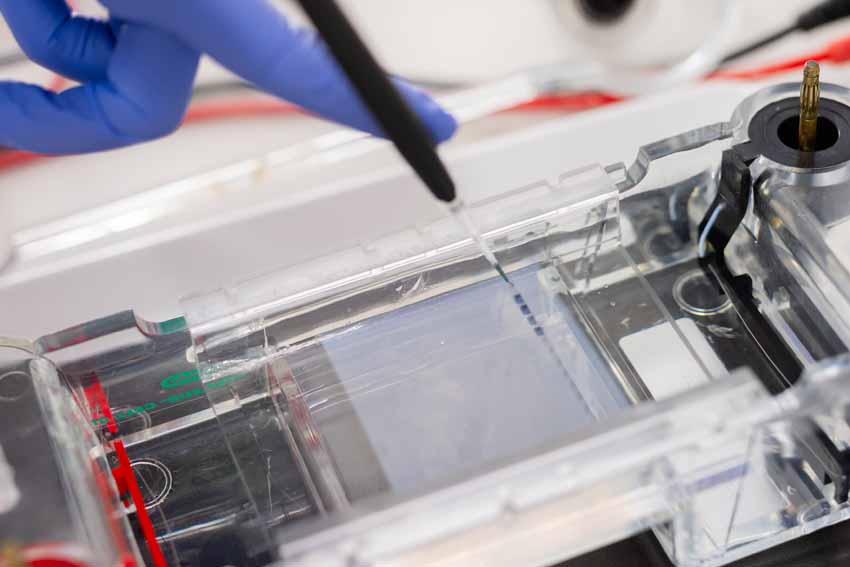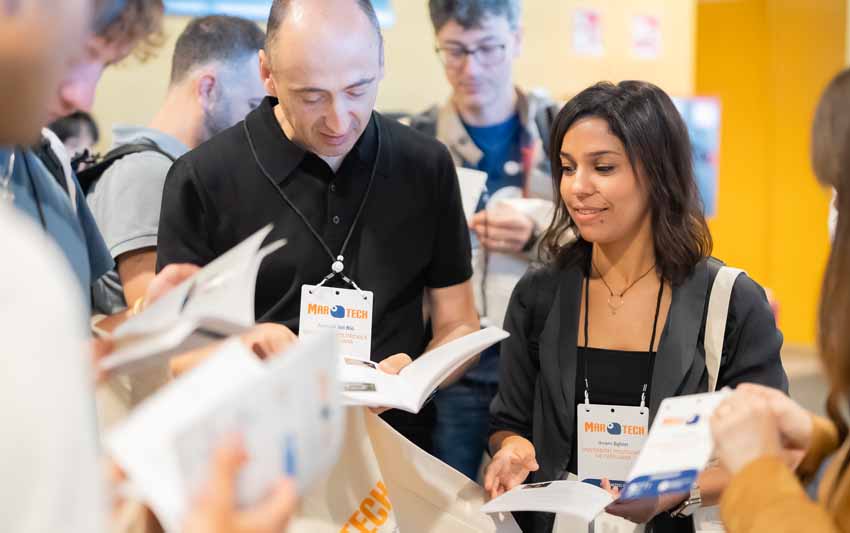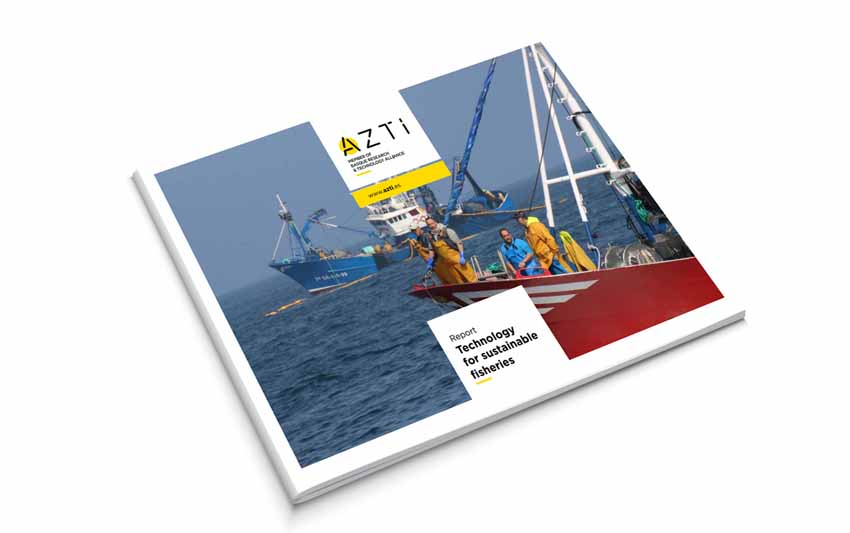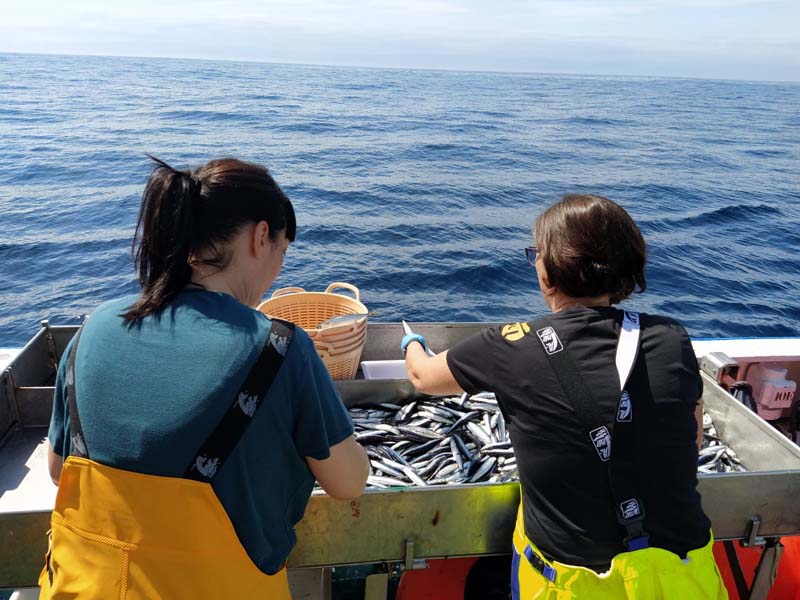Advances in scientific knowledge for decontamination of mercury in marine sediments
Últimas noticias
Una mirada LGTBIQ+ al reino animal
Circular Economy in Action: Valorisation of By-products through Projects like PRIMA NEWFEED
Strategic Perspectives: Highlights from the Food4Future World Summit for Business Leaders
- The European MER-CLUB project led by AZTI has identified several bacterial isolates from marine sediments with the capacity to efficiently detoxify mercury in vitro in laboratory tests.
- The initiative ends in 2023 and has involved the participation of 7 partners from Spain, Sweden, Germany and France.
Sukarrieta, 29 November 2023- Contamination of aquatic systems is currently one of the biggest environmental problems with a direct impact on our health. Among the various pollutants that can be found, mercury is distributed globally and bioaccumulates throughout the trophic chain, being considered by the World Health Organisation as one of the most dangerous for human health.
The MER-CLUB project, co-financed by the European Maritime and Fisheries Fund and formed by an international consortium of European research teams (ICM-CSIC, UAB, SLU, UPPA, GMBU and AFESA) and led by AZTI, has been working since the end of 2019 on the design of a system for decontaminating mercury from marine sediments through bioremediation, that is, through the use of environmental microorganisms with the capacity to detoxify mercury.
Given that it is known that there are bacteria with the capacity to detoxify mercury with high efficiency in the environment, a search has been carried out for new isolates that originate from marine sediments themselves, and that can carry out this process in this complex environment.

Progress in mercury bioremediation
Thanks to the common work of the consortium, progress has been made in the knowledge of those microorganisms that are responsible for in situ mercury transformations in marine sediments. This has been done using massive molecular sequencing methods (omics technologies) and, in particular, by focusing on the study of the genes involved in this process. As a result, a database of genes and genomes of microorganisms from contaminated sediments has been created and screened to identify those with the potential to detoxify mercury in the environment.
On the other hand, a collection of bacterial cultures (MERCC – MERCLUB culture collection) has been created from contaminated sediments of Atlantic (Basque and Cantabrian coast), Mediterranean (Barcelona coast) and Baltic (Swedish coast) origin, which includes strains capable of tolerating high concentrations of mercury.
From this collection of cultures, several bacterial isolates from marine sediments have been identified with the ability to detoxify mercury in vitro, i.e. in laboratory tests with Hg-enriched culture media. One of these isolates is highly efficient, being able to remove 75% of the mercury from the liquid medium in 24 hours, and growing in a wide range of environmental conditions. During the project, work has been carried out to characterise and optimise the conditions under which this strain can perform, in the future, the detoxification process in contaminated sediments. This has included its growth in bioreactors, its immobilisation in synthetic matrices for bioremediation applications and, in collaboration with the company AFESA, the design of a pilot plant where marine sediment decontamination processes can be carried out.







